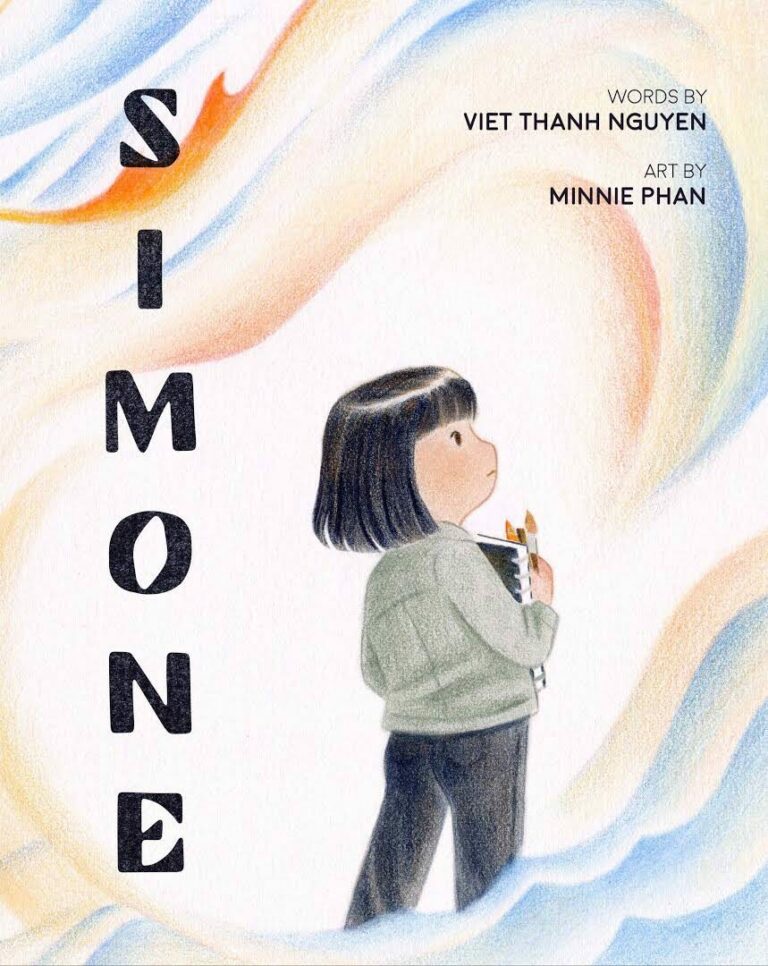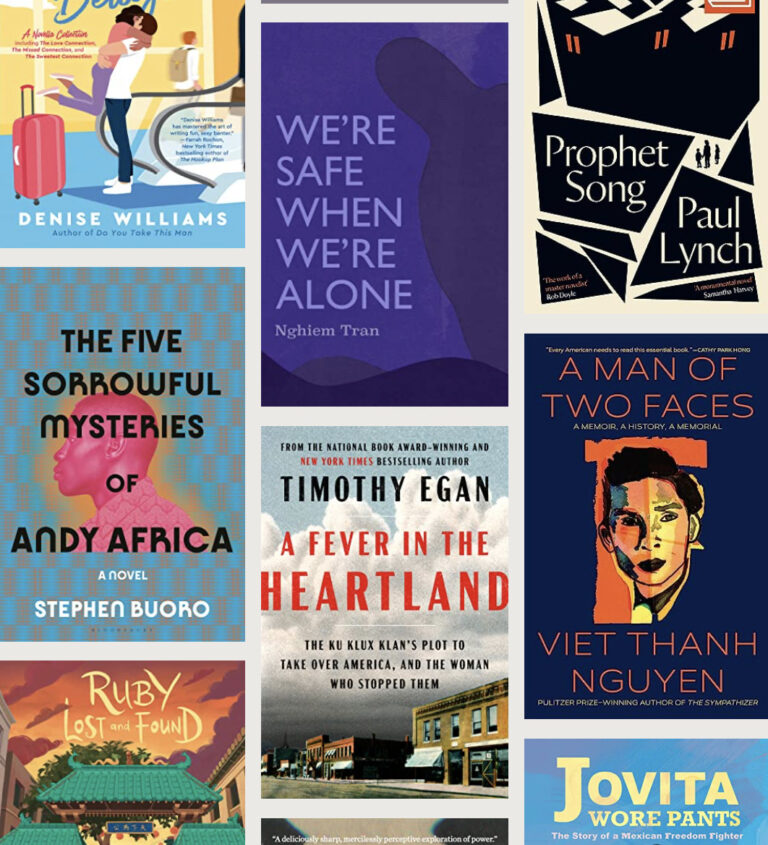Tom Fleming reviews Viet Thanh Nguyen’s ‘The Refugees’ and Ottessa Moshfegh’s collection of short stories. Originally published in The Spectator.

Collections from Viet Thanh Nguyen and Ottessa Moshfegh are largely concerned with drug-addiction, vitiligo and dementia.
Like his Pulitzer Prize-winning first novel, The Sympathisers, the stories in Viet Thanh Nguyen’s The Refugees are set largely among the Vietnamese diaspora on the west coast of America, where Nguyen himself lives, having fled to the US from Vietnam with his family in 1975. They mostly feature characters juggling the lives they’ve made in their adopted culture with their memories of — and loyalties to — the old land. In one story, set in the Reagan era, a penny-pinching woman who runs her family’s New Saigon grocery store is reluctantly moved to donate money to the futile guerrilla war against communism back in Vietnam. In another, a young refugee, newly arrived in San Francisco in the 1970s, struggles with his homosexuality; the letter he’s writing to his family in Vietnam is as self-censored as the one his father has written to him under the eye of the Party. These are nuanced, small-scale human dramas made richer by their wider political contexts.
The book is dedicated to ‘all refugees, everywhere’, and occasionally Nguyen lays on his theme too thickly. The opening story involves, rather schematically, a reclusive ghostwriter being confronted with the ghost of her brother, who died on the boat from Vietnam as a child. ‘The dead move on,’ says a client of the ghostwriter. ‘But the living, we just stay here.’ Nguyen is at his best when the theme of refugeehood acts more obliquely on his characters. In ‘I’d Love You to Want Me’ a woman’s dementia-stricken husband keeps calling her the wrong name, bringing home a painful truth about their past, but she tends to him loyally anyway. In the superb ‘Someone Else Besides You’, a young man’s belligerent ex-paratrooper father proves himself slyly responsible for the narrator finally being able to commit to his marriage.
Meaningful personal relationships have little place in Ottessa Moshfegh’s misanthropic vision of American life. ‘She said she wanted to get pregnant so she’d have something to think about all day,’ runs a typical quip. Moshfegh’s men are almost all sexually dysfunctional narcissists, her women emotionally alienated and substance-dependent: in ‘An Honest Woman’ a vitiligo-ridden man eavesdrops on his young female neighbour, then creepily tries to seduce her; in ‘Slumming’ a teacher spends her summers getting high in a backwater town, indifferent to the locals except to comment on their squalor.
Everyone and everything is in disrepair here: this is not an America on the verge of being great again. Barely a character is not marked by some physical disfigurement, particularly of the skin; the dominant mood is disgust. Moshfegh’s constant need to shock can be invigorating but also rather adolescent. ‘A Dark and Winding Road’ starts out as the story of a man going to his parents’ cabin in the woods, where he mulls over his brother, his marriage and his unborn child; it ends with him smoking crystal meth and being ravaged with a dildo by his brother’s tattooed girlfriend.
Moshfegh’s style is a blend of nihilism and drollery that feels hyper-contemporary in its relentless sassiness, moving in the same breath from biting human observation to casual one-liners about anal sex. Some will find it scintillating, others affected. Moshfegh’s second novel, Eileen, was shortlisted for last year’s Man Booker Prize, and her publishers have capitalised on that by gathering these stories together, though perhaps they’ve not done her any favours. Reading more than a few of them in a row, you start to find the abnegation of human intimacy, the fixation on genitals, drugs, low-grade TV, skin disease and so on rather tiring. Taken individually, however, the best stories, such as ‘Bettering Myself’, about an alcoholic teacher in freefall, have enough depth and sincerity of emotion bubbling beneath them to give substance to Moshfegh’s undeniably entertaining voice.
The world of Tessa Hadley’s tenderly observed, satisfyingly textured stories could not be more different from that of Moshfegh’s. For Hadley’s women, sex is rare and frank dialogue takes place only in a crisis. The stories in her new collection are set in England, mostly in the present day but occasionally in the 1960s, and tend to feature women or girls making some sort of transition, however bathetic, from innocence to experience. ‘Abduction’, the first story, sets the tone for what follows when the teenage protagonist loses her virginity only to find, the next morning, that her suitor has snuck into bed with another girl. The episode gets lodged in her unconscious, ignored but potent, where it stays throughout her life. The brief, heartbreaking ‘Deeds not Words’, set in a girls’ school just before the first world war, revolves around Edith, a plain Latin teacher in her thirties whose affair with a married colleague is hopeless from the start. The prim, newly divorced narrator of ‘Experience’ housesits for an acquaintance; when the owner’s rogueish former lover appears to make a move on her, she is excited. ‘So this is how it begins,’ she thinks, ‘the passage over into the other place.’ How it ends, though, is not what she hoped for.
Many of the stories feature houses and furniture as symbols of domestic life and emotional repression. In some cases, paragraph-long descriptions of interior decoration become tiresome; Hadley’s focus on the apparatus of bourgeois life does not always get unpacked. In other stories, the quietness of these people’s lives can fade into banality. In every story, however, Hadley layers her fiction carefully; significant details are embedded in throwaway remarks, making rereading a pleasure. Her even-handed, unshowy style proves itself a delicate tool for unpicking her characters’ fragile inner lives.


